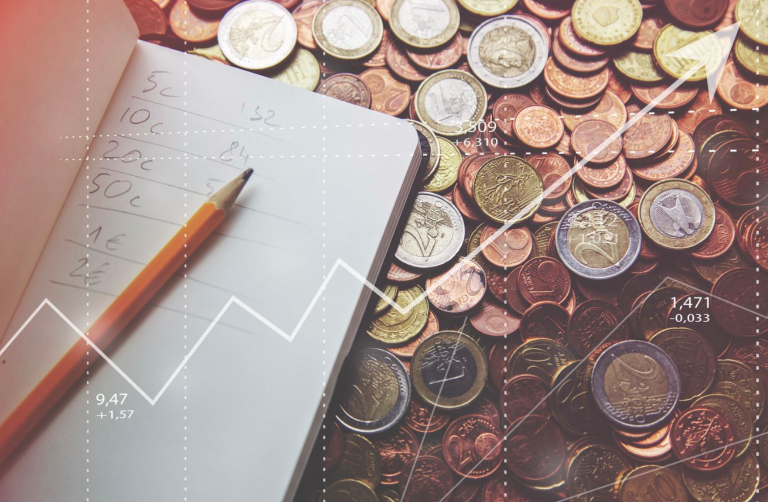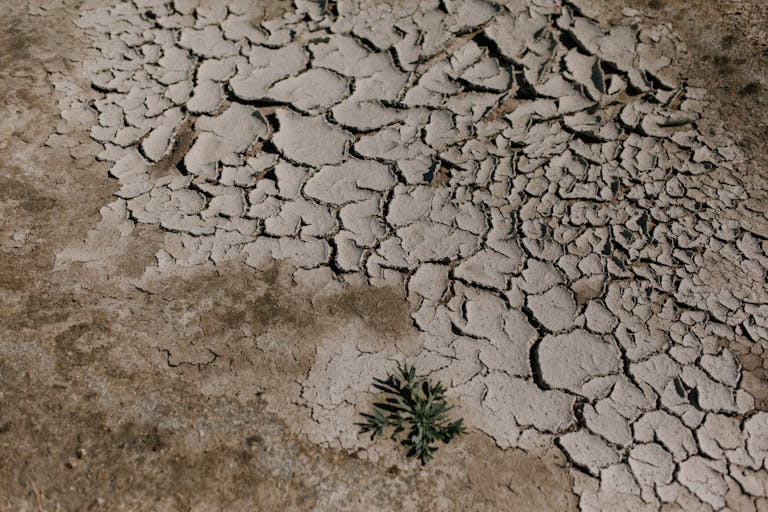The Future of AI in Zero Waste Initiatives: A Greener Tomorrow 🌍
As the world grapples with the challenges of climate change and environmental degradation, the push towards sustainable living has never been more critical. Enter zero waste initiatives, a movement gaining momentum globally. But how can technology, specifically Artificial Intelligence (AI), accelerate these efforts? Let’s dive into the future of AI in zero waste initiatives and how it promises a greener tomorrow.
Table of Contents
1. Introduction to Zero Waste Initiatives
2. The Role of AI in Zero Waste 🌟
3. AI-Powered Waste Sorting and Recycling
4. Predictive Analysis for Waste Management
5. Personalized Waste Reduction Tips 📲
6. Conclusion: Embracing AI for a Sustainable Future
7. FAQs
Introduction to Zero Waste Initiatives
Zero waste initiatives aim to drastically minimize waste by encouraging the redesign of resource life cycles. Instead of discarding products, the objective is to ensure all materials are reused, much like nature’s own systems. This might sound ambitious, but with mounting environmental concerns, these initiatives are gaining traction worldwide.
The Role of AI in Zero Waste 🌟
Artificial Intelligence is revolutionizing industries, and waste management is no exception. By harnessing the power of AI, we can optimize processes, make data-driven decisions, and create innovative solutions to reduce waste. Here’s how AI is making a difference:
AI-Powered Waste Sorting and Recycling
One of the most significant challenges in waste management is sorting recyclable materials. AI technology, combined with robotics, can enhance the efficiency of sorting facilities. Advanced AI algorithms can identify and sort different types of waste, ensuring that more materials are recycled and less ends up in landfills. This means cleaner recycling streams and reduced contamination rates.
Predictive Analysis for Waste Management
AI can analyze vast amounts of data to predict waste generation patterns. By understanding when and where waste is produced, municipalities can optimize collection routes and schedules, reducing fuel consumption and emissions. Predictive analysis also helps in forecasting future waste trends, allowing for better resource allocation and strategic planning.
Personalized Waste Reduction Tips 📲
Imagine receiving tailored advice on reducing waste based on your consumption habits. AI can analyze individual behaviors and provide personalized recommendations to minimize waste. From suggesting eco-friendly products to offering tips on reusing items, AI-driven apps empower consumers to make sustainable choices effortlessly.
Conclusion: Embracing AI for a Sustainable Future
As we look towards the future, the integration of AI in zero waste initiatives holds immense potential. By automating and optimizing waste management processes, AI not only helps reduce our environmental footprint but also paves the way for a more sustainable and efficient world. Embracing these technologies is crucial as we strive for a greener tomorrow.
FAQs
1. How does AI help in waste sorting?
AI uses advanced algorithms and robotics to identify and sort different types of waste materials, making recycling processes more efficient and reducing contamination.
2. Can AI predict future waste trends?
Yes, AI can analyze data to predict waste generation patterns, helping optimize collection schedules and plan for future waste management needs.
3. How can consumers benefit from AI in zero waste initiatives?
AI can provide personalized waste reduction tips based on individual habits, encouraging more sustainable choices and reducing overall waste.
4. Is AI implementation in waste management expensive?
While initial implementation may require investment, the long-term benefits, such as cost savings from optimized processes and reduced environmental impact, often outweigh the costs.
5. Are there any privacy concerns with AI in waste management?
Like any technology, data privacy is essential. It’s crucial for AI systems to be designed with robust privacy measures to protect consumer data.
In conclusion, AI’s role in zero waste initiatives is a promising frontier that holds the potential to revolutionize how we approach sustainability. By embracing these innovations, we can work towards a future where waste is minimized, and resources are utilized more efficiently than ever before. 🌱


